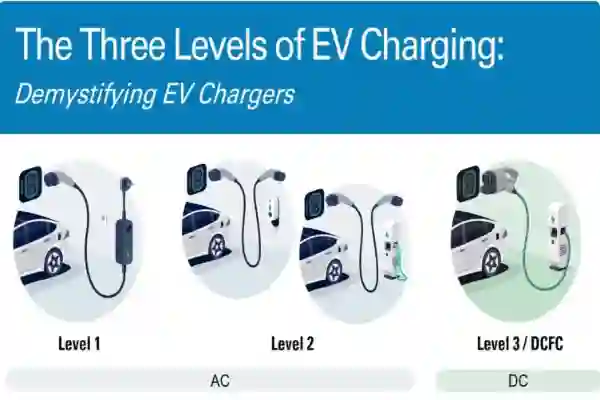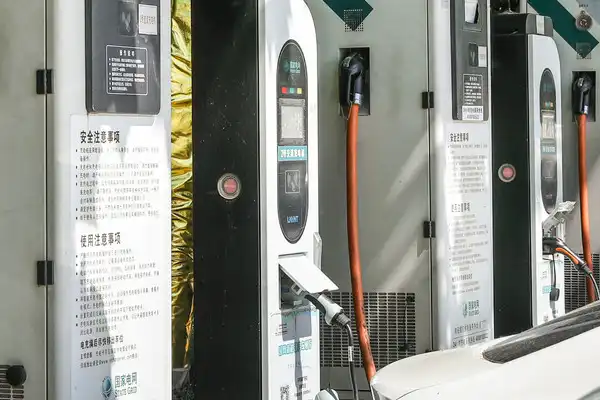Understanding Single Phase vs Three Phase Power: Key Differences Explained
What is Single Phase Power?
Single phase power is a type of electrical power supply that uses a single alternating current (AC) waveform. It is commonly used in residential settings and for small appliances. This type of power supply is simpler and more cost-effective for low-power applications.
Applications of Single Phase Power
Single phase power is ideal for homes, small offices, and light commercial spaces. It powers everyday appliances like refrigerators, lights, and computers. Due to its simplicity, it is widely used in areas where high power demand is not required.

What is Three Phase Power?
Three phase power, on the other hand, uses three alternating currents that are evenly spaced in phase. This type of power supply is more efficient and is typically used in industrial and commercial settings where higher power demands are necessary.
Applications of Three Phase Power
Three phase power is commonly used in factories, large commercial buildings, and data centers. It is ideal for running heavy machinery, large HVAC systems, and other high-power equipment. Its efficiency makes it a preferred choice for industrial applications.
Key Differences Between Single Phase and Three Phase Power
1. Power Delivery
Single phase power delivers power in a single waveform, while three phase power delivers power in three waveforms. This makes three phase power more consistent and efficient for high-power applications.
2. Efficiency
Three phase power is more efficient than single phase power. It can deliver more power with less current, reducing energy loss and improving overall system efficiency.
3. Cost
Single phase power systems are generally less expensive to install and maintain. Three phase systems, while more efficient, require more complex infrastructure and are costlier to set up.
4. Applications
Single phase power is suitable for residential and light commercial use, while three phase power is better suited for industrial and heavy commercial applications.
Which Power Supply is Right for You?
Choosing between single phase and three phase power depends on your specific needs. For residential or small-scale applications, single phase power is usually sufficient. However, for industrial or high-power applications, three phase power is the better choice due to its efficiency and reliability.
Conclusion
Understanding the differences between single phase and three phase power is crucial for selecting the right power supply for your needs. Whether you're powering a home or a factory, knowing the strengths and limitations of each type can help you make an informed decision.

